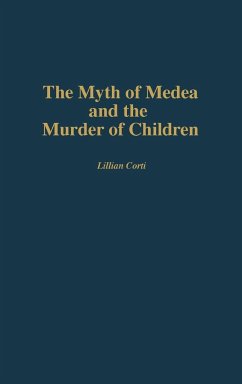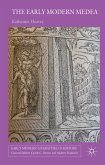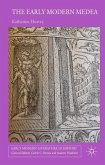Corti focuses on the meaning and importance of the act of child murder in literary treatments of the ancient myth. A projection of commonly experienced emotions that are often repressed and denied, Medea is the central figure in a tragedy encompassing the psychology of abusive individuals as well as the destructive quality of patriarchal institutions. In the Euripidean prototype of the tragedy, child murder exposes the ironic issue of archaic communal values, and in the version by the Roman Seneca, disaster results from decadent emotional excess, but Corti asserts that the ancient custom of exposing superfluous infants is relevant to the psychology of both works. The abandonment of infants and persecution of witches are essential elements in the context of Pierre Corneille's vision of Medea as absolute authority imposing order on the petty rivalries of aristocratic children. In the pessimistic drama of the 19th century Austrian poet Franz Grillparzer, the punitive pedagogy of abusive parents, the disruptive effects of repressed memory, and the persecutory potential of group psychology function together as a constellation of interdependent pathologies. Finally, Corti asserts that the extraordinary number of 20th-century writers who have presented versions of the myth of Medea suggests that the drama of child murder is peculiarly relevant to the human predicament in our own age. An important work for students, scholars, and other researchers concerned with myth, world literature, cultural and women's studies, gender, and the psychology of abuse.
Hinweis: Dieser Artikel kann nur an eine deutsche Lieferadresse ausgeliefert werden.
Hinweis: Dieser Artikel kann nur an eine deutsche Lieferadresse ausgeliefert werden.








